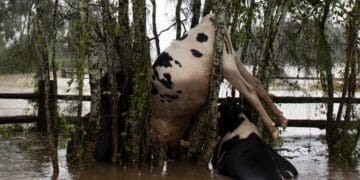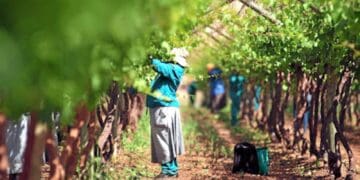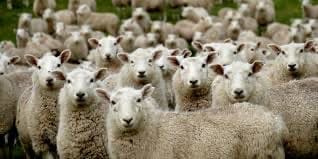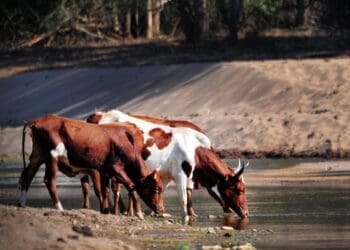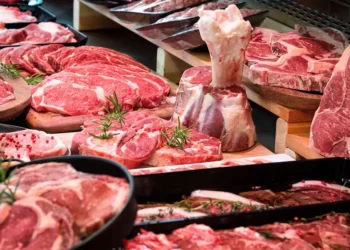Lamb prices have risen by nearly 12% over the past few months, fueling hopes among small-scale and communal farmers of accessing better returns. However, despite this price surge, they remain largely excluded from markets dominated by large commercial producers, highlighting a persistent gap in industry participation.
Red Meat Producers Organisation (RPO) data shows lamb prices up 12% since winter, driven by urban demand and export growth, especially to the Middle East. Yet, the main issue for smallholder farmers is exclusion from these lucrative markets, even as prices benefit larger producers.
“We have seen prices go up at local auctions, but the increase is small compared to what commercial farmers are making through exports,” said Mangaliso Dindiza, a communal farmer from Gcuwa in the Eastern Cape.
“I sell a sheep for around R2,000, but by the time it reaches supermarkets, it’s worth double that. The middlemen make the real money,” said Diniza.
Dr Jane Mdluli, an agricultural economist at the University of Pretoria, explained that many small farmers lack the necessary infrastructure to meet export standards.
“Formal supply chains require traceability, health certifications, and cold-chain logistics,” Mdluli said. “Without these, small farmers are forced to sell at lower farm gate prices, which limits their profitability.”
The RPO and Red Meat Industry Services (RMIS) have launched initiatives to help bridge this gap, including mobile processing units and training programs aimed at improving compliance. However, these efforts are still limited.
Nomusa Mthethwa, a farmer from Richards Bay in KwaZulu-Natal, said the lack of access to premium markets is disheartening.
“We hear about exports to the Middle East and the high prices there, but they feel completely out of reach,” Mthethwa said. “If I could sell even part of my flock to those markets, I could employ more people and grow my business. Instead, I’m stuck just trying to survive.”
The stakes are high. South Africa’s sheep and goat industry contributes about R6.5 billion annually to the GDP, according to the Department of Agriculture, Land Reform and Rural Development. In rural areas, where job opportunities are scarce, the sector is a critical source of livelihoods.
Experts believe that integrating small-scale farmers into formal markets could have a transformative impact.
“If rural farmers could access premium value chains, we would see reductions in rural poverty and a more inclusive agricultural economy,” Mdluli said. “But this requires investment in infrastructure, training, and cooperative models that give smallholders bargaining power.”















